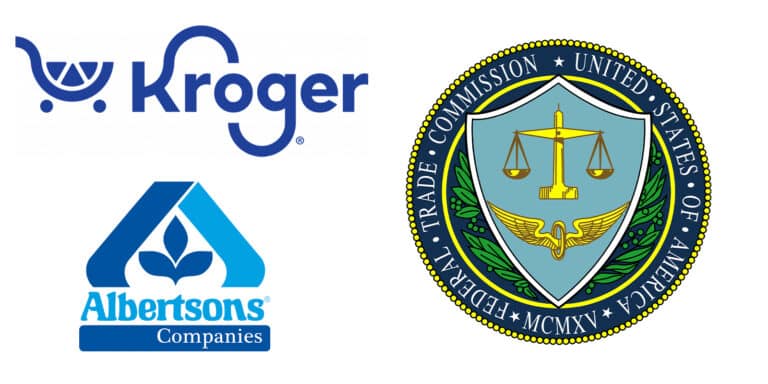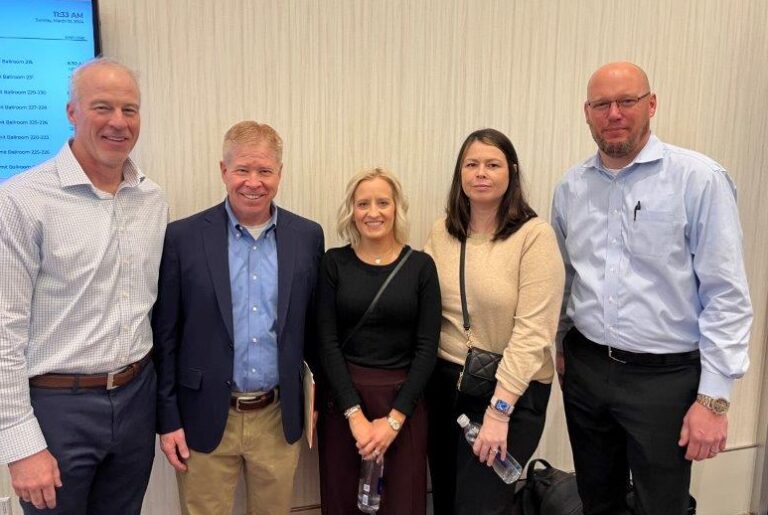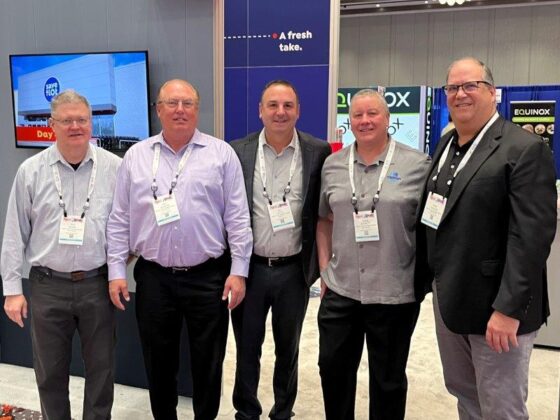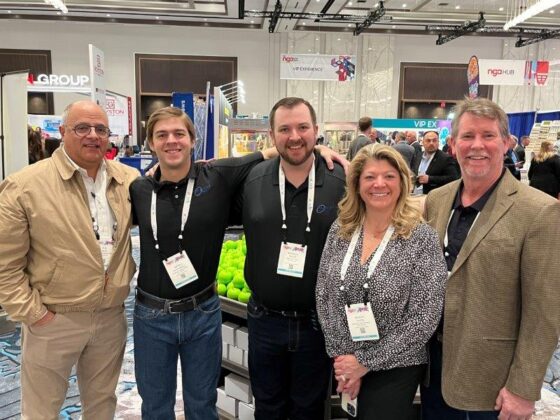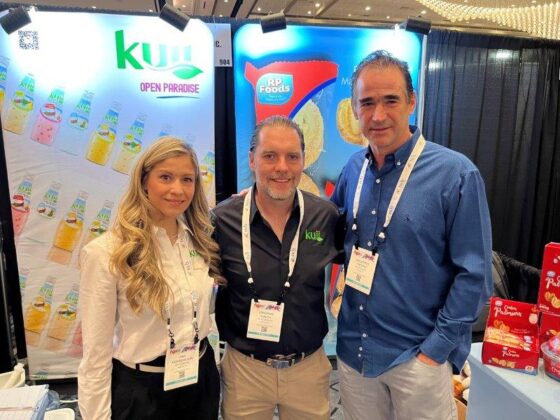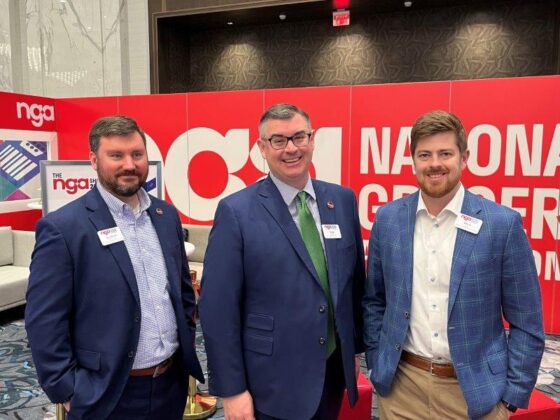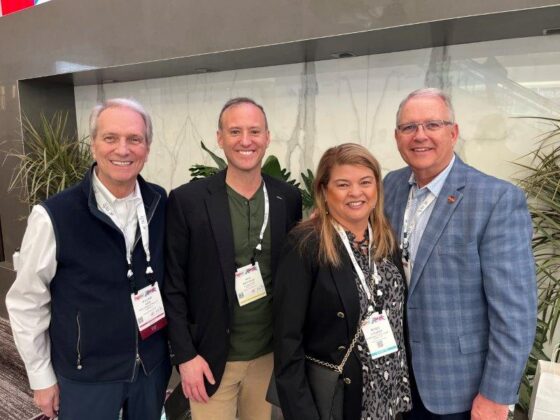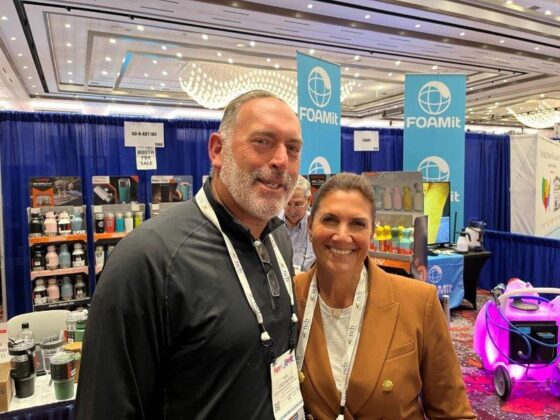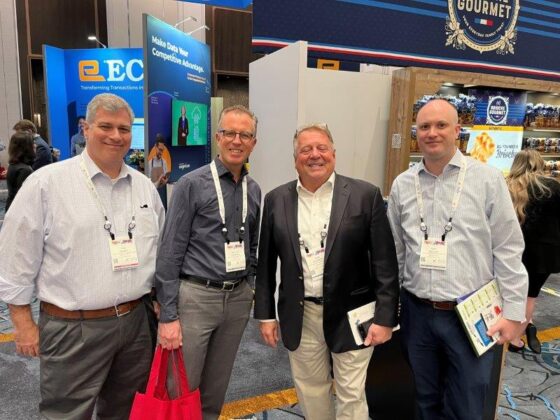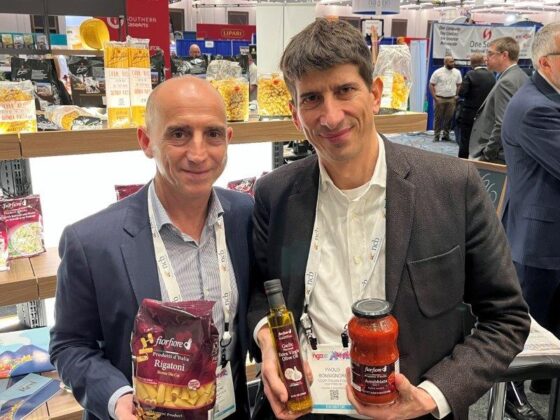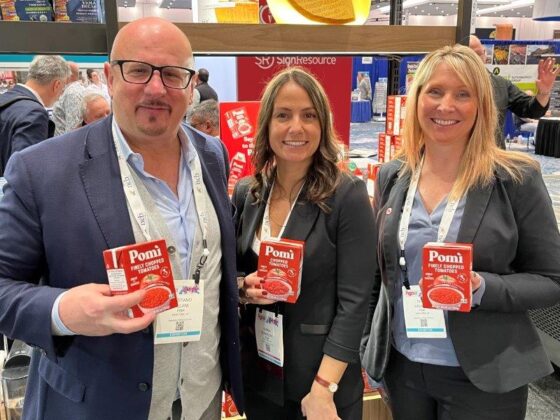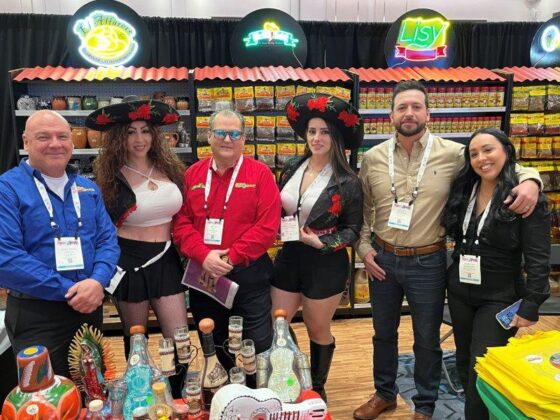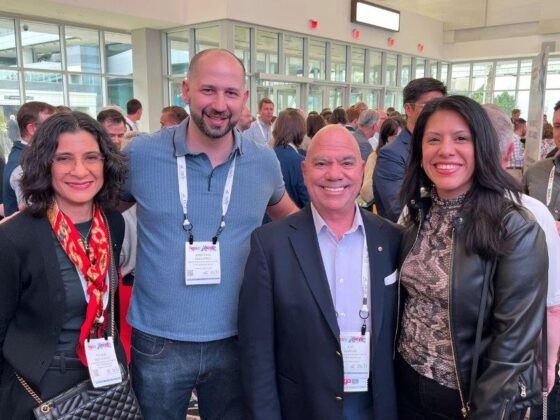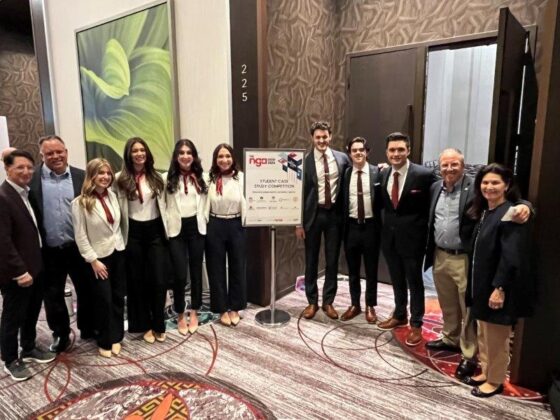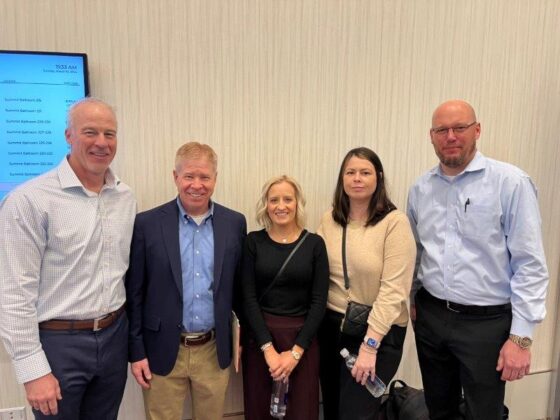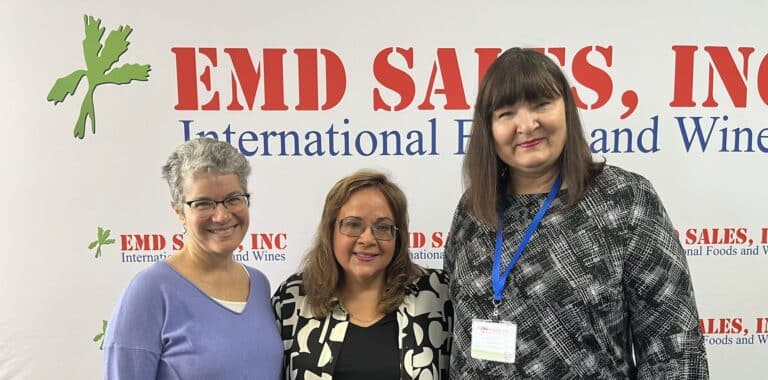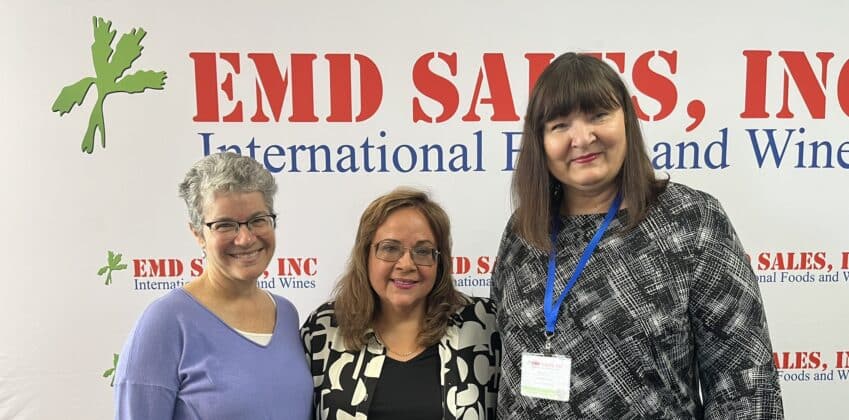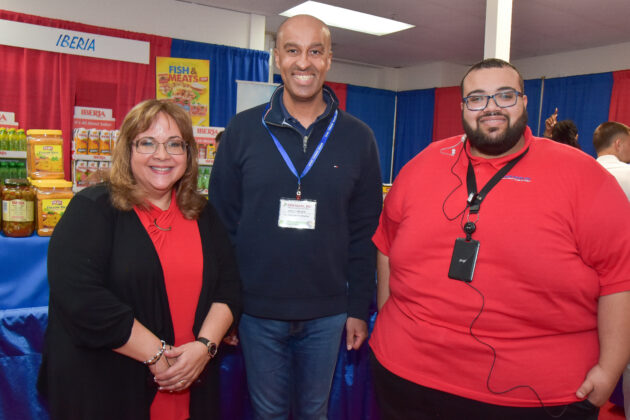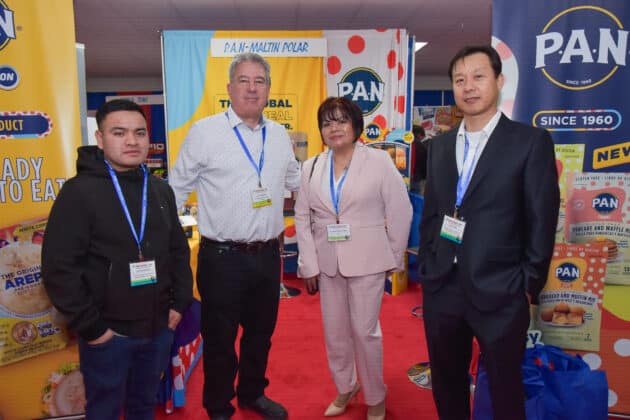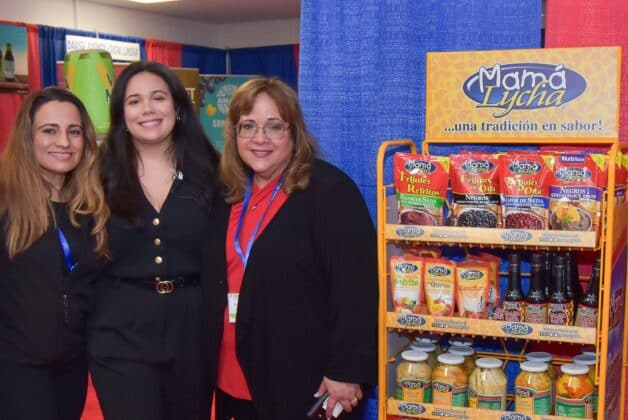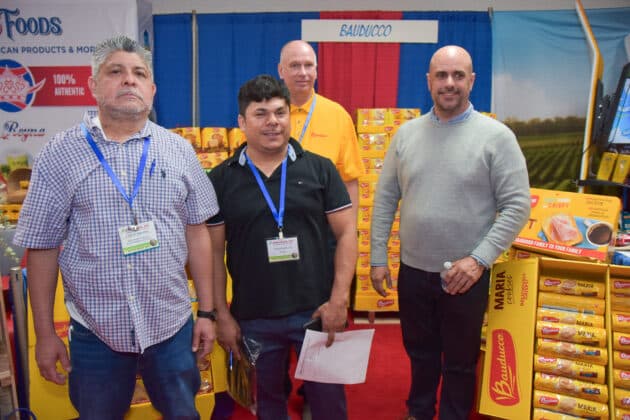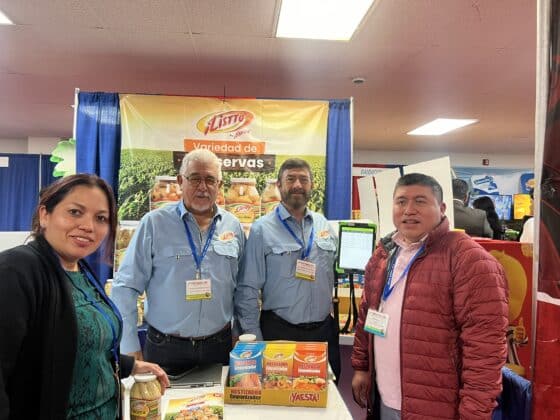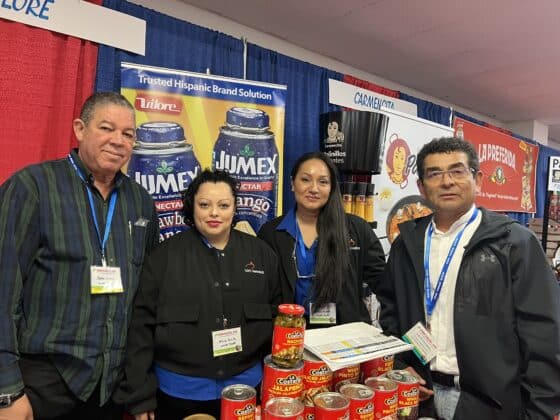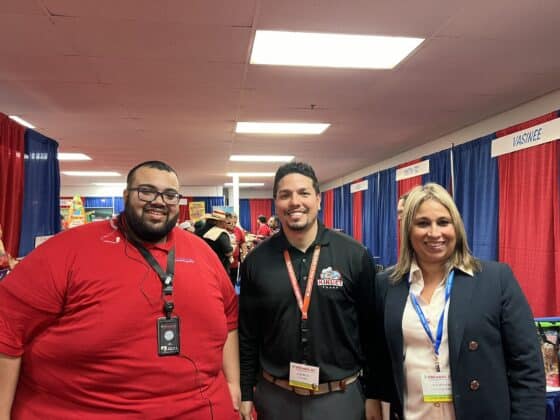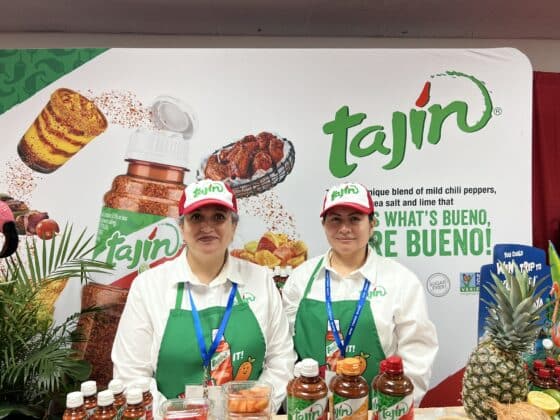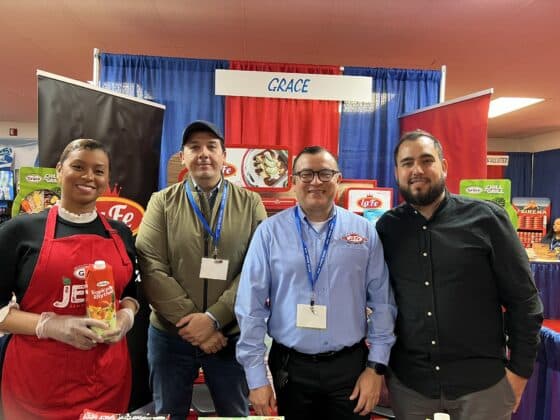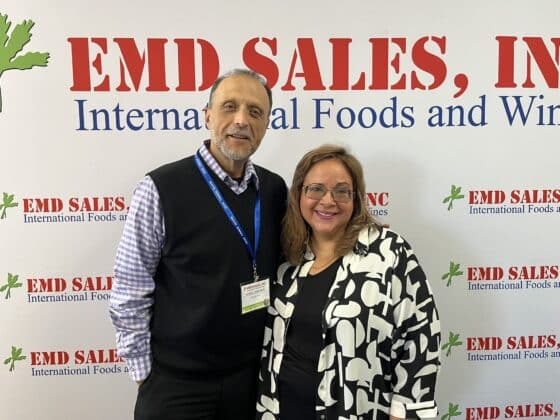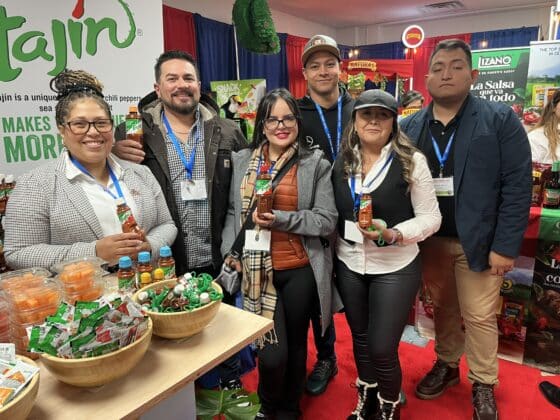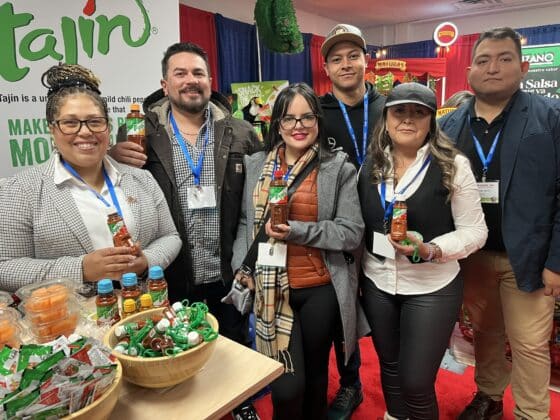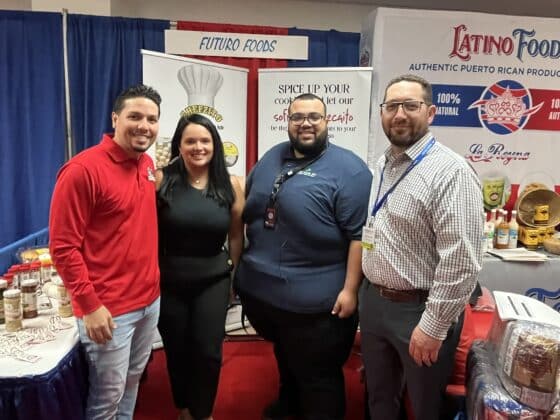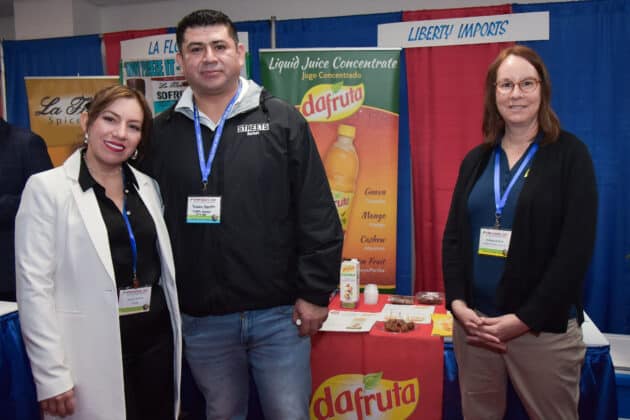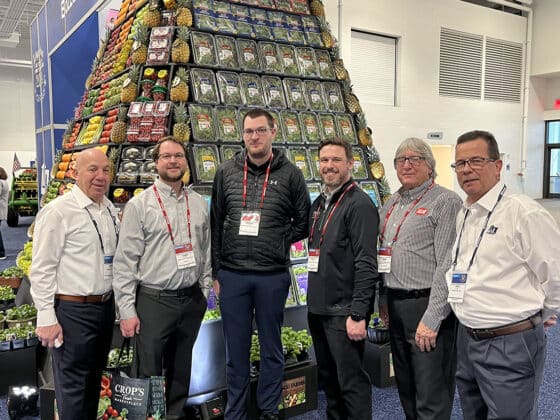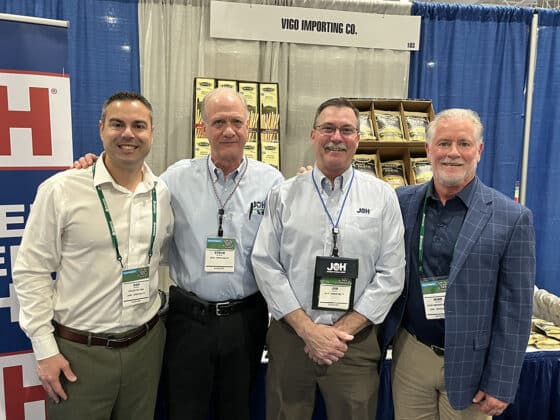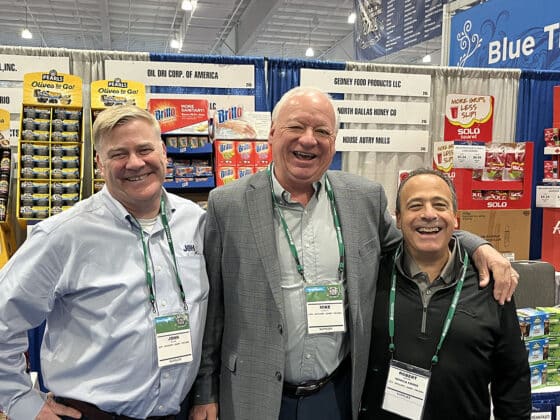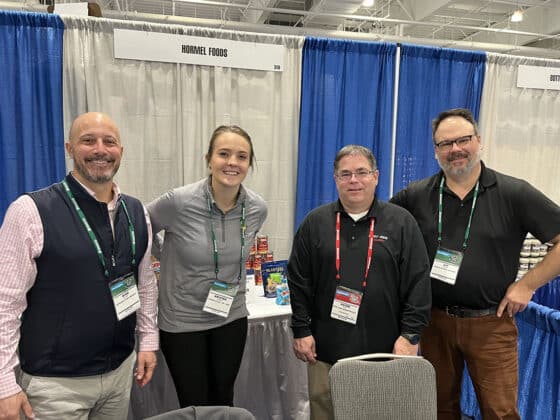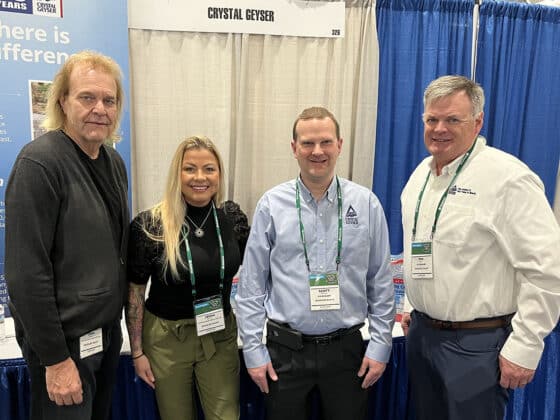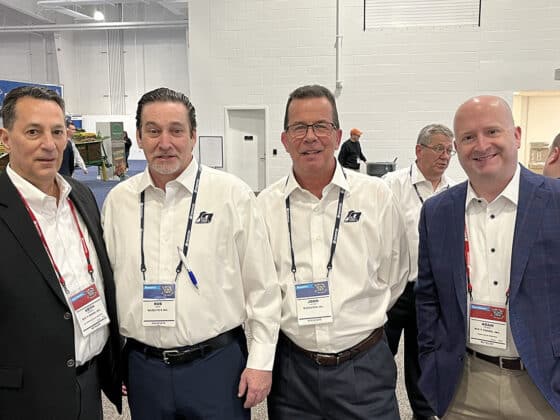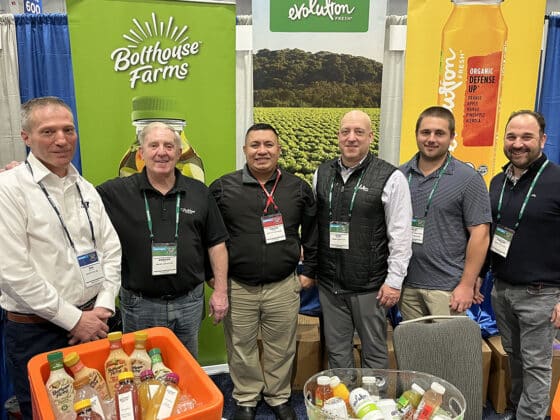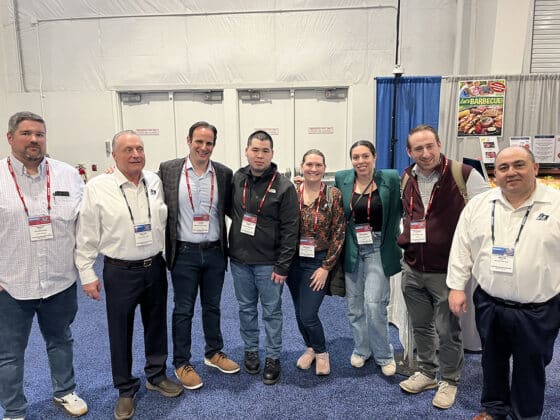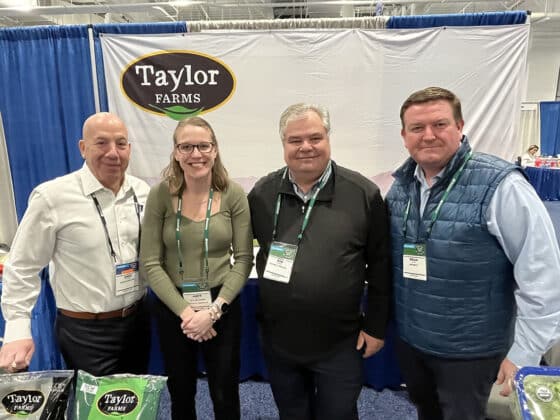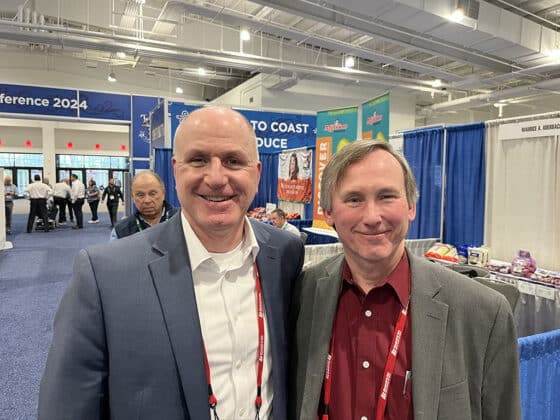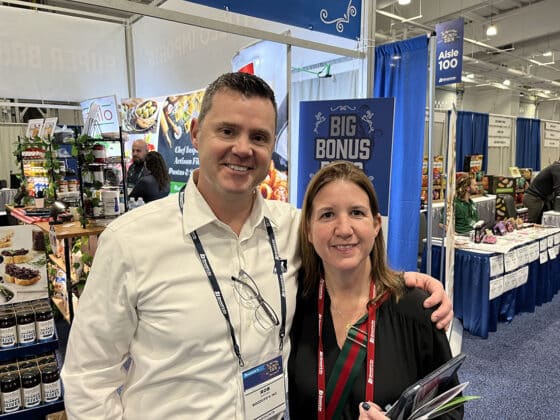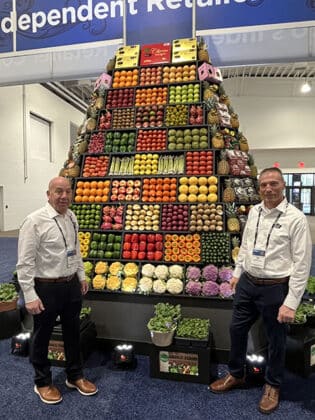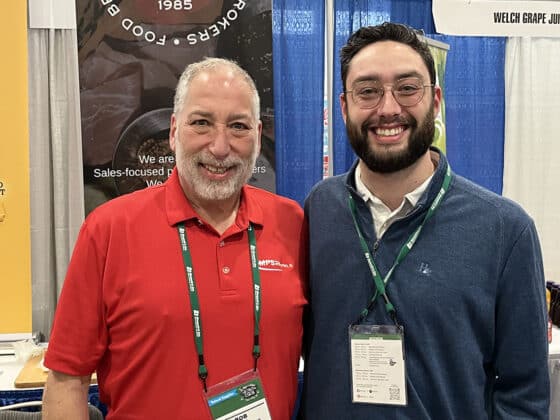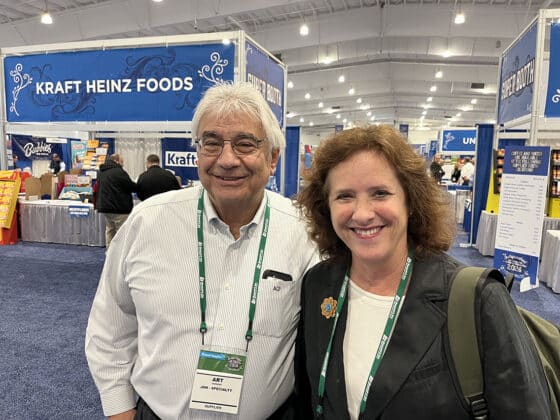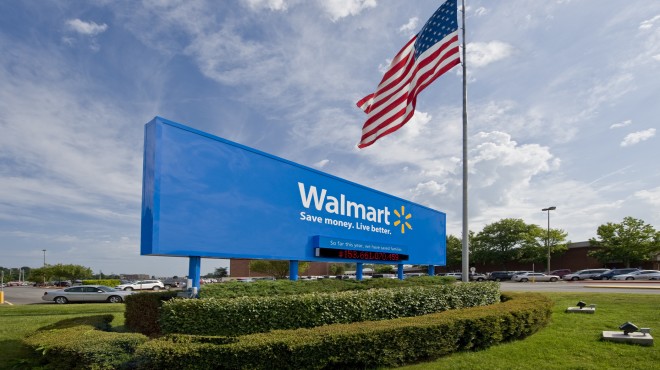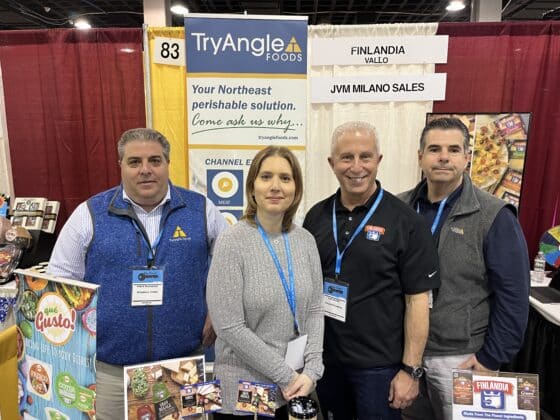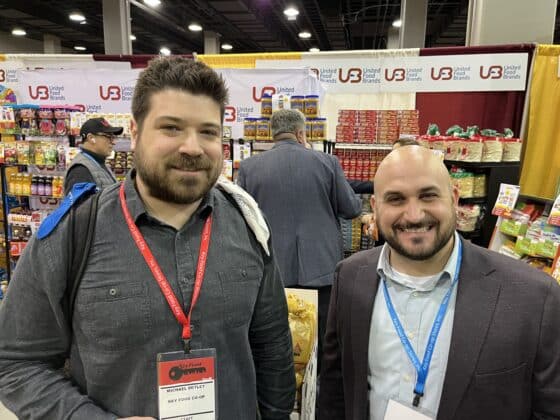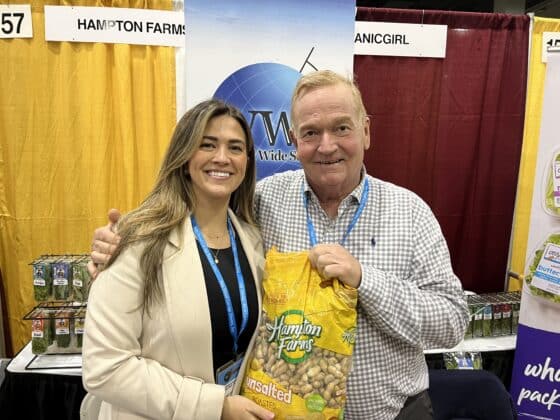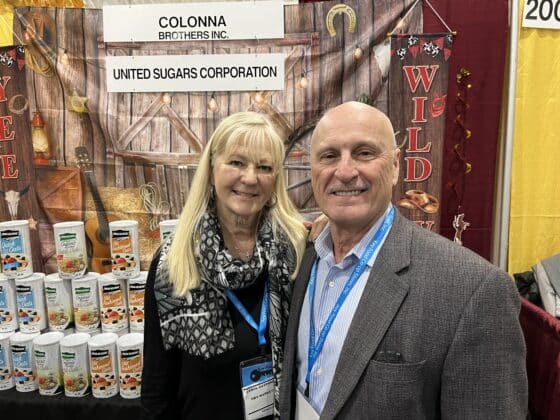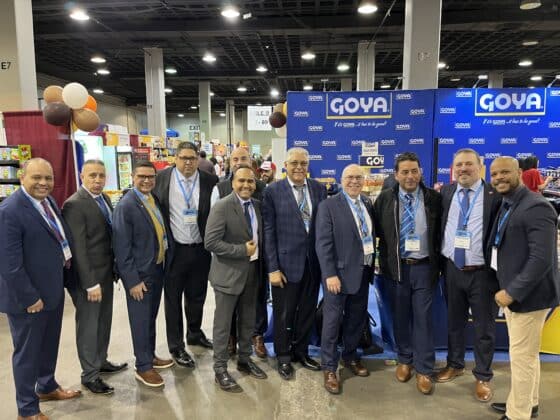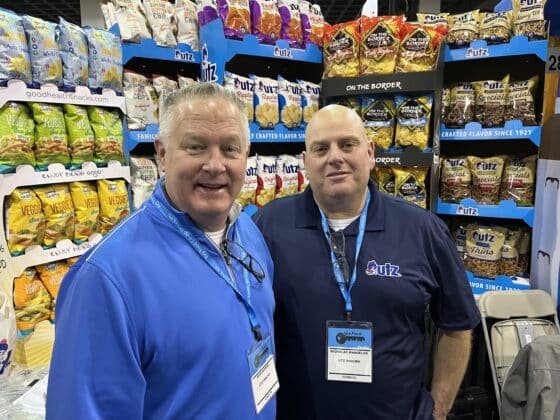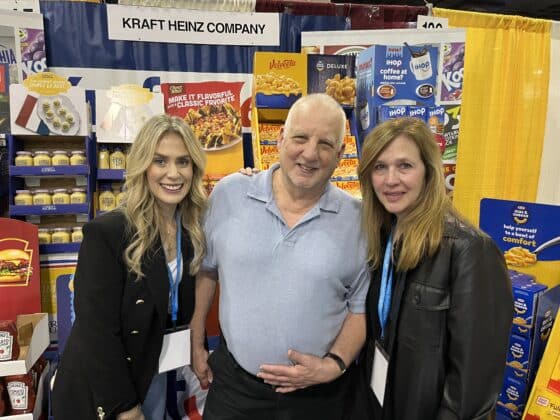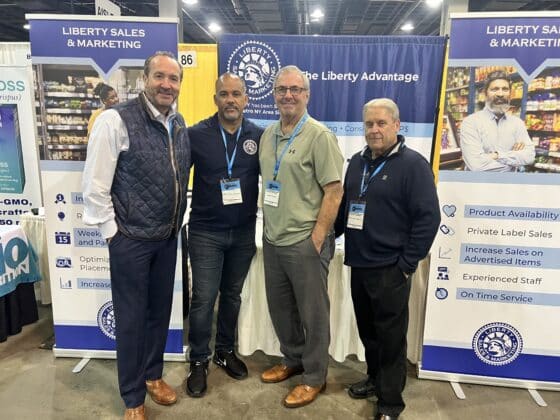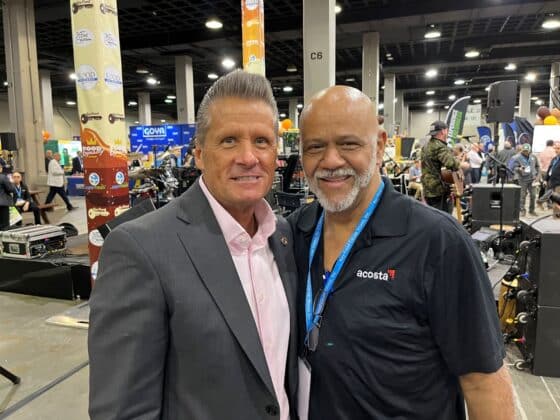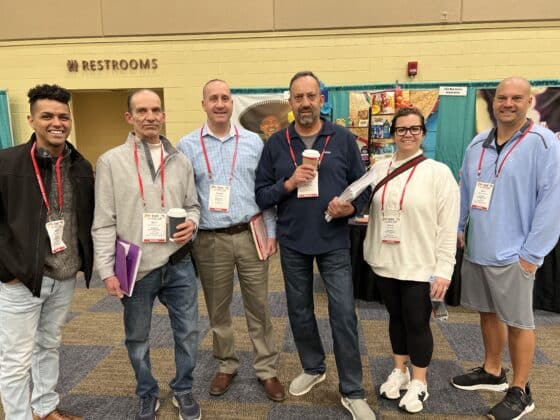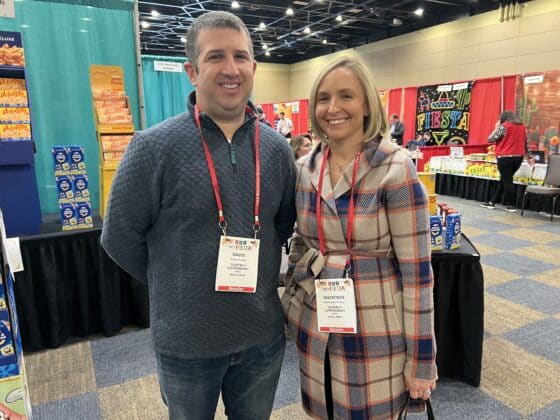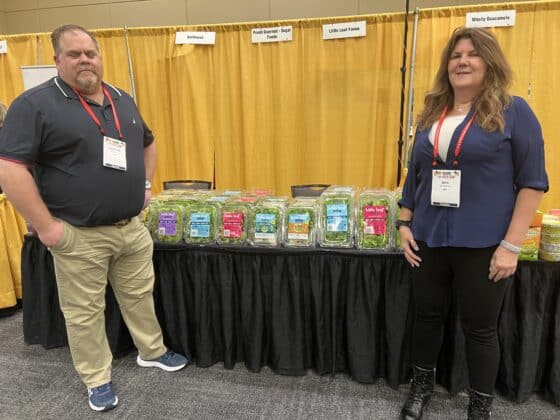Kroger and Albertsons both have challenged last month’s Federal Trade Commission (FTC) ruling to block the proposed merger between the two large supermarket chains.
On August 26 both retailers will have their day in court – specifically, U.S. District Court in Portland, OR – when a trial is scheduled to determine if the FTC overstepped its bounds in denying the completion of the $24.6 billion proposed deal. Regardless of the ruling in what is expected to be a 2-3 week trial, both parties will have the right to appeal which could substantially extend the time before a final decision is rendered.
When the original FTC decision was rendered on February 26, both chains expressed strong disagreement with the ruling. On March 14, Kroger and Albertsons filed public comments about that decision.
In their separate filings, both supermarket chains reiterated their previous stance that the FTC’s decision does not factor in the growing and significant competition posed by alternate channel retailers including Walmart, Costco, Amazon and Target. Kroger noted that the agency’s complaint is “…willfully blind to the realities of current grocery competition…” and its position “…lacks any basis in the real world.”
Albertsons’ filing focused on the same issue, noting “Simply put, although the Commission alleges that the merger is likely to harm competition in both of the alleged relevant product markets, the so-called ‘facts’ it has offered in support of this bold assertion completely ignore the commercial realities of a marketplace that is both highly competitive and rapidly evolving.”
Albertsons added in its filing, “The Commission’s claims are premised entirely on the Commission’s distortion and willful ignorance of basic but critical facts.”
Both merchants also criticized the FTC’s view of organized labor cited in its decision. “The Commission also purports to allege a myopic ‘union grocery’ labor market that bears no relation to the market in which Kroger actually competes for talent. In reality, (both companies) are miniscule players in the overall labor market, which includes grocery retailers, non-grocery employers and non-union employers alike,” Kroger said.
Albertsons added: “This unprecedented product market completely ignore the labor market in which respondents compete, which includes non-union as well as non-grocery retailers. Moreover, the Commission’s allegations regarding the impact of the merger on the union’s bargaining power takes negotiations with the unions out of context and ignores that the merger is actually likely to increase the union’s bargaining power.”
The chains also contested the FTC’s assertion that C&S Wholesale Grocers (the prospective buyer of 413 Albertsons and Kroger stores) is not a viable operator. “C&S is not a mom-and-pop operation or a risky private equity venture. It is a well-capitalized company with deep industry experience,” Kroger stated. Similarly, Albertsons said that the “…FTC is ignoring that C&S is a large, sophisticated, and well-financed company with deep grocery industry experience, and is well-positioned to successfully operate the significant assets that it will receive as part of any divestiture package and execute on its business plans.”
The FTC’s decision claimed that C&S Wholesale Grocers’ proposed acquisition of 413 stores (mostly Albertsons units), eight distribution centers and two office buildings for $1.9 billion should also be rejected, noting the two retailers’ proposal is an effort to sell off “a hodgepodge of unconnected stores, banners, brands and other assets that Kroger’s antitrust lawyers have cobbled together.” C&S currently operates 23 supermarkets and one retail pharmacy, the FTC noted, adding that if “C&S were to survive as an operator, Kroger and Albertsons’ proposed divestitures still do not solve the multitude of competitive issues created by the proposed acquisition, according to the complaint.”
Currently, Kroger operates approximately 2,700 retail stores and Albertsons runs about 2,300 supermarkets – located in 48 states and Washington, DC.
Also part of the FTC suit are the offices of the attorneys general of Arizona, California, the District of Columbia, Illinois, Maryland, Nevada, New Mexico, Oregon and Wyoming.
The FTC voted 3-0 to issue the administrative complaint and authorize staff to seek a temporary restraining order and preliminary injunction in federal district court.
The FTC issues an administrative complaint when it has reason to believe that the law has been or is being violated, and it appears to the commission that a proceeding is in the public interest. The issuance of the administrative complaint marks the beginning of a proceeding in which the allegations will be tried in a formal hearing before an administrative law judge.
All told, in the 32 months since Lina Khan was installed as chairwoman, her agency has sued to block more than three dozen mergers. Other large companies that have prevailed in court against the FTC include Booz Hamilton and U.S. Sugar. Additionally, Meta, Microsoft and United Health Group – have successfully challenged the agency’s initial decisions to block deals involving those companies.
However, this is the first retail food deal the FTC has tried to block since the proposed Whole Foods-Wild Oats merger in 2007. And while large tech and healthcare organizations typically have more free cash at their disposal and arguably more time to grind through legal delays and potential appeals, such breathing room is not as available in the highly competitive, low-margin and ever-changing retail food arena.
The FTC claims are blunt. It said that a merger, which was first announced in October 2022, would lead to increased prices for groceries and other essential household items for millions of Americans. The large federal agency added that the loss of competition would also lead to lower quality products and services, while also narrowing consumers’ choices for where to shop for groceries. For thousands of grocery store workers, Kroger’s proposed acquisition of Albertsons would immediately erase aggressive competition for workers, threatening the ability of employees to secure higher wages, better benefits, and improved working conditions.
“This supermarket mega merger comes as American consumers have seen the cost of groceries rise steadily over the past few years. Kroger’s acquisition of Albertsons would lead to additional grocery price hikes for everyday goods, further exacerbating the financial strain consumers across the country face today,” said Henry Liu, director of the FTC’s Bureau of Competition. “Essential grocery store workers would also suffer under this deal, facing the threat of their wages dwindling, benefits diminishing, and their working conditions deteriorating.”
At Kroger’s Q4 analysts call following the release of its financials, McMullen said that he was “disappointed” but not surprised by the decision given the current political environment. “Our track record on previous mergers is clear. Kroger lowered prices, invested in associates, improved the customer experience and deepened its connections with the communities we serve, the veteran chief executive noted. We remain excited about the future of our combined companies and look forward to explaining the benefits of our merger.”
In addition to raising grocery prices, the FTC alleges that Kroger’s acquisition of Albertsons would diminish their incentive to compete on quality. “Today, Kroger and Albertsons compete to improve their stores in many ways, including offering fresher produce, higher quality products, improved private label offerings, a broader array of in-store services, flexible store and pharmacy hours, and curbside pickup services.”
The FTC charges that the deal would eliminate head-to-head price and quality competition, which have driven both supermarkets to lower their prices and improve their product and service offerings. If the merger takes place, grocery prices will increase, and Kroger and Albertsons’ incentive to improve product quality and customer service will decrease, further harming customers.
However, both retail chains have argued that a merger would bring more efficiency in many areas including pricing and technology. Kroger has stated from the outset that it is prepared to spend $500 million to lower prices at Albertsons as well as an additional $1.3 billion to upgrade Albertsons’ physical stores.
As part of the original merger agreement, Kroger would have to pay Albertsons a $600 million fee if the deal is not consummated.


